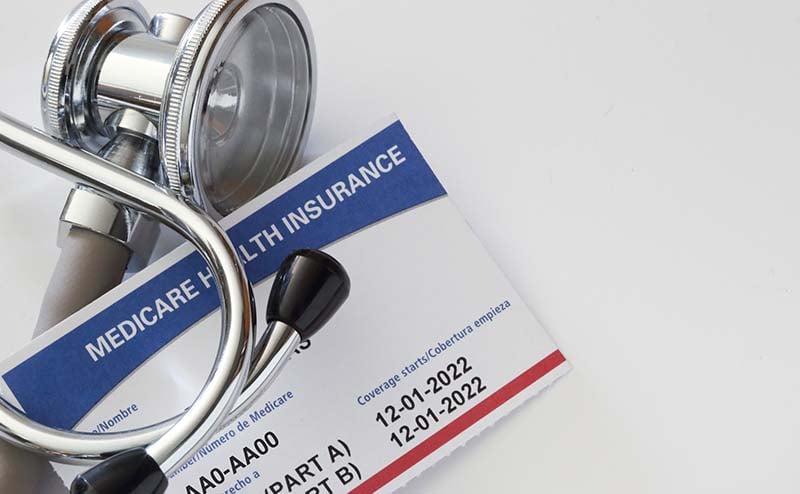Get even more in depth on this topic with an upcoming webinar - Hot Off the Presses: Key Reimbursement from the 2024 Medicare Physician Fee Schedule, with Michael A. Granovsky, MD, CPC, FACEP.
Register today for the webinar, scheduled for 1 - 2 PM CT, Dec. 7.
On Nov. 2, The Centers for Medicare & Medicaid Services (CMS) released the Physician Fee Schedule (PFS) for calendar year 2024.
A detailed analysis of the annual Medicare payment rules for physicians and other health care practitioners is available here.
There are some notable wins for emergency physicians and patients:
Eliminating the Appropriate Use Criteria program. CMS will permanently pause implementation of the Appropriate Use Criteria (AUC) program. We argued that the program is unnecessary and could harm patient care by postponing vital treatment.
Extending telehealth flexibilities. Finalized measures include the creation of a new process for adding telehealth codes to the Medicare Telehealth Services List. New payments for community health integration services, social determinants of health risk assessment and principal illness navigation services provided by social workers, and services furnished by community health workers and other auxiliary personnel via telemedicine will be forthcoming.
Reimbursing split/shared services. A CMS proposal to reimburse for services involving a physician and non-physician (split/shared services) based on the amount of time spent providing the service was met with strong opposition by ACEP, the American Medical Association (AMA) and others. Acknowledging these concerns, CMS will work to revise and finalize a policy with updated language reflecting the CPT E/M guidelines for CY 2024.
CMS is finalizing this policy to avoid concerns outlined by ACEP and others about administrative burdens that facilities and practices have faced as they spend time and resources preparing for potential changes that have been delayed for years, until now.
There are also some concerning provisions:
Reimbursement cuts. A 3.4% cut to overall Medicare reimbursement was finalized despite strong objections by ACEP and the entire house of medicine. Similarly, a 2% negative adjustment to the PFS conversion factor was deemed necessary to preserve budget neutrality.
Much of the budget neutrality adjustment stems from the implementation of G2211, the “G-code,” an add-on for complexity, which CMS estimates will only be utilized in 38% of all office visit claims.
What’s next?
ACEP urges Congress to eliminate the “G-Code,” an unnecessary payment increase focused on primary care. Work is underway to support Congress adding an inflationary update to PFS and to mitigate the impact of budget neutrality adjustments.
“Temporary fixes by Congress are appreciated, but there are still opportunities to work toward full relief,” said Laura Wooster, senior vice president of advocacy and practice affairs. “We are putting ideas forward that would end the instability that’s built into the system and make sure that emergency physicians’ work is valued appropriately.”
ACEP advocacy is instrumental in efforts to blunt the impact of cuts as we continue working on fixes to flaws in the reimbursement framework. Through ACEP, our members gain a seat at the table and a platform to express their concerns. We are making sure that Congress and regulators hear emergency physicians loud and clear.


